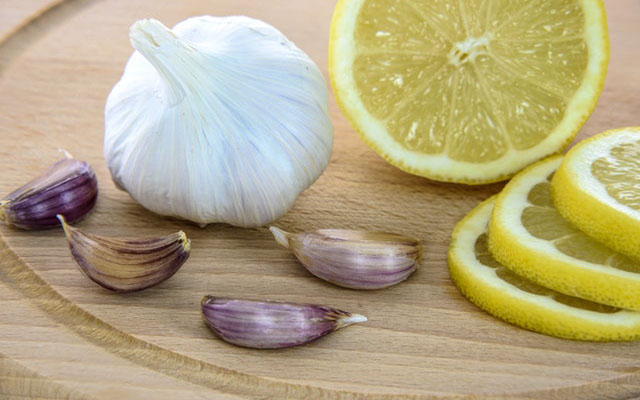
The discovery and development of antibiotics has been a literal lifesaver for both humans and animals. Before antibiotics, many bacterial infections led to death. What started as a minor infection burgeoned until the body could no longer survive it. After antibiotics, millions of lives were saved and surgeries became safer.
Unfortunately, bacteria are highly adaptable. They are able to evolve to become immune to the medications we throw at it. This process is called antibiotic resistance, and it is happening all the time. Our overuse of antibiotics has seriously accelerated this process.
For this reason, it is often better to give your body a little bit of time to try and fight the bacteria without medication. Improve your natural infection-fighting ability by eating more fruits, vegetables, nuts, and seeds on a regular basis. And when your body needs a boost to fight off a pesky bug, try the following 11 natural antibiotic foods.
One of these is actually among the most famous gifts ever given – can you spot it? But first, find out more about how the overuse of synthetic antibiotics is pushing the population toward a global crisis.
The Overuse of Antibiotics

Many livestock producers use antibiotics in their animal feed to lower the risk that one sick animal will spread disease to the entire herd. This means that our meat is full of antibiotics. Humans are prone to throwing excess medication in the toilet, which puts antibiotics in our water supply. Fish that later end up on our plates also eat or absorb this medicine.
Sometimes desperate patients ask for an antibiotic even when their infection is viral, just so they can feel like they’re doing something to get better.
The result is that we are all consuming antibiotics on a near-daily basis. This level of overuse has pushed antibiotic resistance to a breaking point. Soon there will be super bacteria that medical science has no way of treating. New antibiotics are being developed all the time, but not fast enough. If you’re feeling scared, you should be.
There is really no way to be positive that you are not getting antibiotics in your water or food, but you can minimize your exposure by only taking prescribed antibiotics when you really need to. Don’t gamble with your health, but give your body a chance to fight off an infection with the support of the following 11 foods before you ask for an antibiotic.
1. Garlic
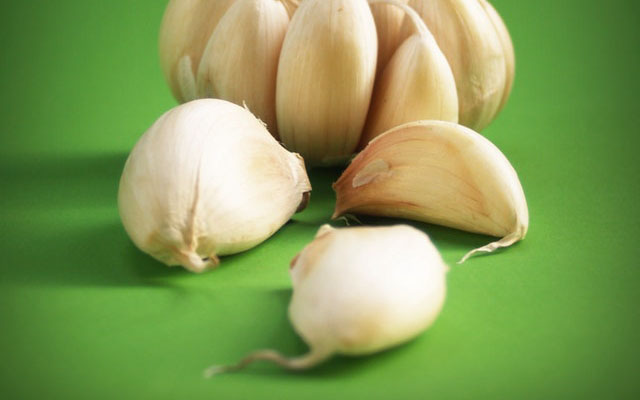
Garlic is an all-around superfood. Not only has it been used as a natural antibiotic for hundreds of years, it also has anti-viral, anti-fungal, and antimicrobial properties.
This is thanks to a compound called allicin (also present in onions). To fight infection, use crushed garlic either lightly cooked or raw.
2. Oil of Oregano
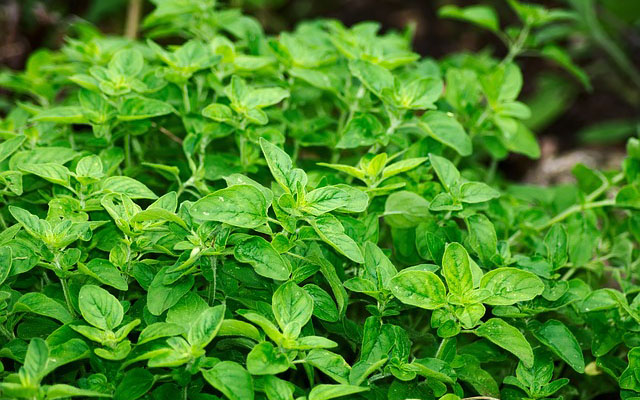
Oregano is another tasty natural antibiotic, a benefit linked to its carvacrol content. This natural antibiotic is good for all sorts of bacterial infections, but is especially lauded for its use in GI tract infections.
For best results, look for oregano oil that contains at least 70% carvacrol. This product is also anti-fungal, so you can use it topically for skin issues as well.
3. Echinacea
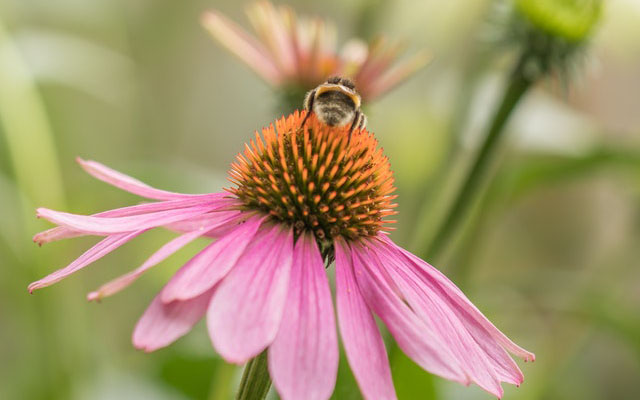
Echinacea is one of the best known natural remedies, but many people use it to treat the virus that causes the common cold – a use that research suggests is not effective.
Instead, take Echinacea if you have a bacterial infection, open wound, or blood poisoning. It is also particularly effective on respiratory infections.
4. Cayenne Pepper
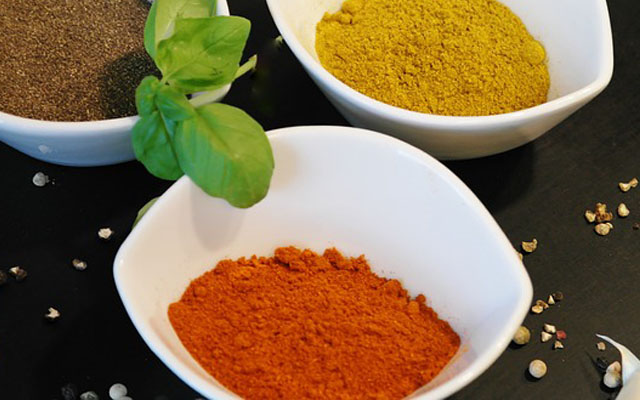
This one is a bit counterintuitive, as we are usually advised to keep things bland when we’re sick. But spicy cayenne pepper is actually both antibiotic and anti-fungal in nature, so you might want to feel the burn to shorten the illness.
It’s best to dilute your cayenne with a carrier oil – olive or coconut are good choices – so that you get the benefits without harming delicate tissues.
5. Grapefruit Seed Extract
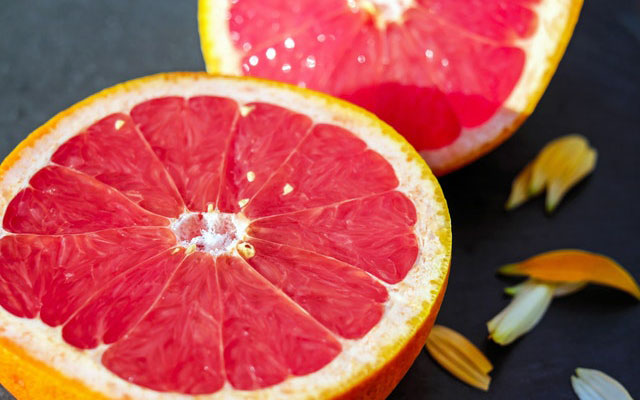
Stop throwing away the seeds from your morning grapefruit! Extract from those seeds has been found to be as powerful as the active ingredients in antibacterial soaps.
Grapefruit seed extract may be used internally for bacterial infections or externally for warts and communicable disease prevention.
6. Ginger
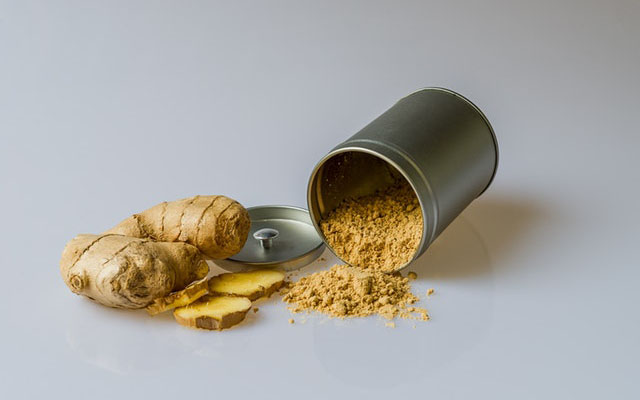
Ginger is an excellent spice to eat every day. Its active component, gingerol, has been proven to reduce your risk of developing cancer and to prevent or soothe digestive issues.
Ginger has also been long used as a natural antibiotic, especially against food borne pathogens. If you eat a little ginger with meals, the likelihood of becoming ill goes down, even if you were exposed to salmonella, listeria, or campylobacter.
7. Cabbage
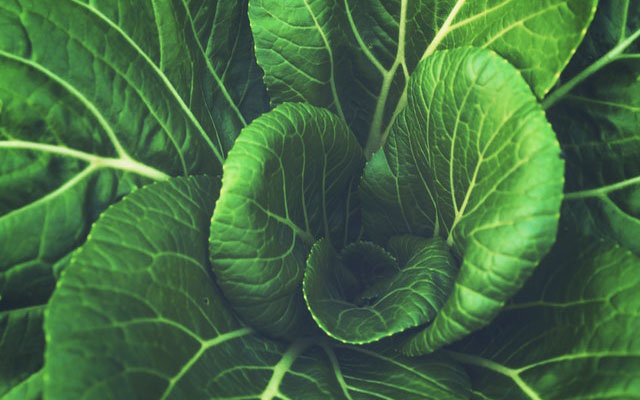
In many situations, the tendency of cabbage and other veggies in the cruciferous family to blow up your intestines with gas is well, not so good. But when you’re trying to fight bacteria, it’s just what you need.
The sulfur compounds in cabbage do cause gas, but they are also stellar at destroying harmful cells. The antibacterial function of cabbage is strongest when you eat it raw.
8. Coconut Oil
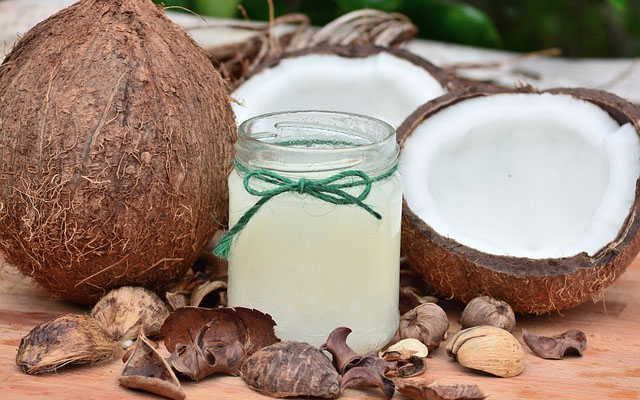
Coconut oil has been touted for a few years now as a miracle product that’s good for your body inside and out. And in truth, coconut oil is loaded with antioxidants and has anti-fungal and anti-microbial characteristics.
Modest use may also help strengthen the immune system. But it is quite high in saturated fat, so it’s best to go easy on oil.
9. Apple Cider Vinegar
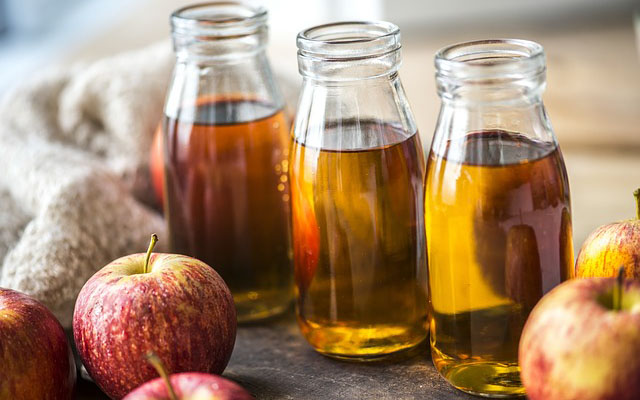
And while we are talking about health crazes, let’s look at apple cider vinegar. Touted for everything from weight loss to cancer prevention, proponents report that their ACV habit cures all manner of ills.
We do know that ACV has antibiotic and antiseptic capabilities, so whether or not you want to drink some every day, it’s a smart call when you start to feel under the weather.
10. Myrrh Extract
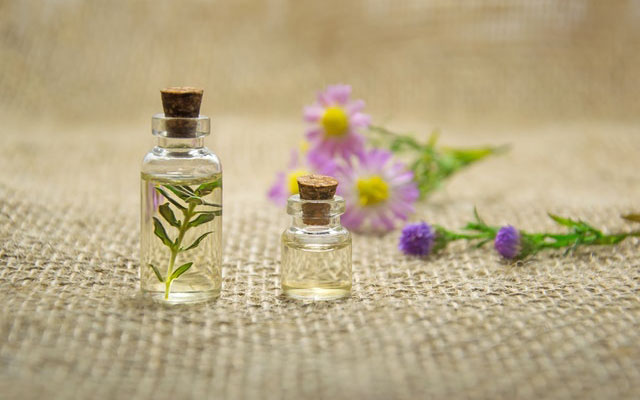
Here is a spice that you probably recognize from the biblical story of the birth of Jesus. That will give you some idea how long people have known that it makes effective medicine.
Much more recently, a 2000 study confirmed that myrrh is able to combat bacteria like E. coli, staphylococcus aureus, Pseudomonas aeruginosa, and Candida albicans. Myrrh oil is available today in pharmacies, natural grocers, and online.
11. Olive Leaf Extract
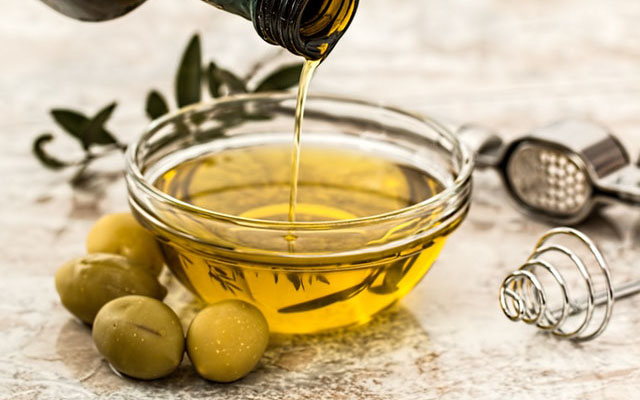
It’s not just olives and their oil that offer health benefits – the leaf of the olive tree is also handy to have around the house. Olive leaf extract has been used as a natural fever reducer since at least the early 1800s.
It was also found to treat malaria. Researchers have discovered recently that it is the elenolic acid in olive leaves that functions as a broad spectrum antibiotic that can kill bacteria, viruses, and fungi.
Conclusion
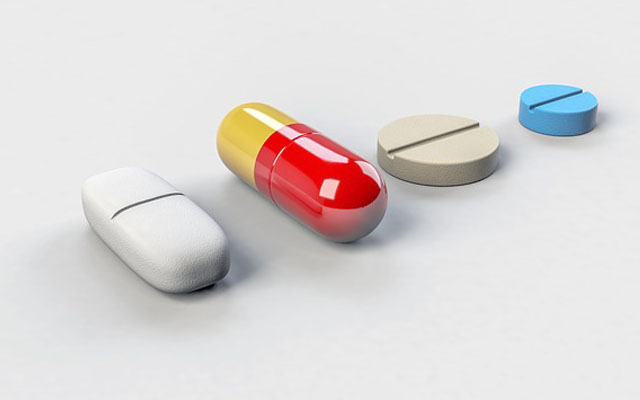
Antibiotic resistance is no joke, but you can do your part to slow it down by using natural antibiotic alternatives whenever possible. Incorporating at least one per day of these 11 products into your routine can boost your immune system and stop bacteria from gaining a foothold in your body.
That’s not to say that you will never again need a doctor-prescribed antibiotic medication, but it will make your infection easier to treat when that day comes.



Comments